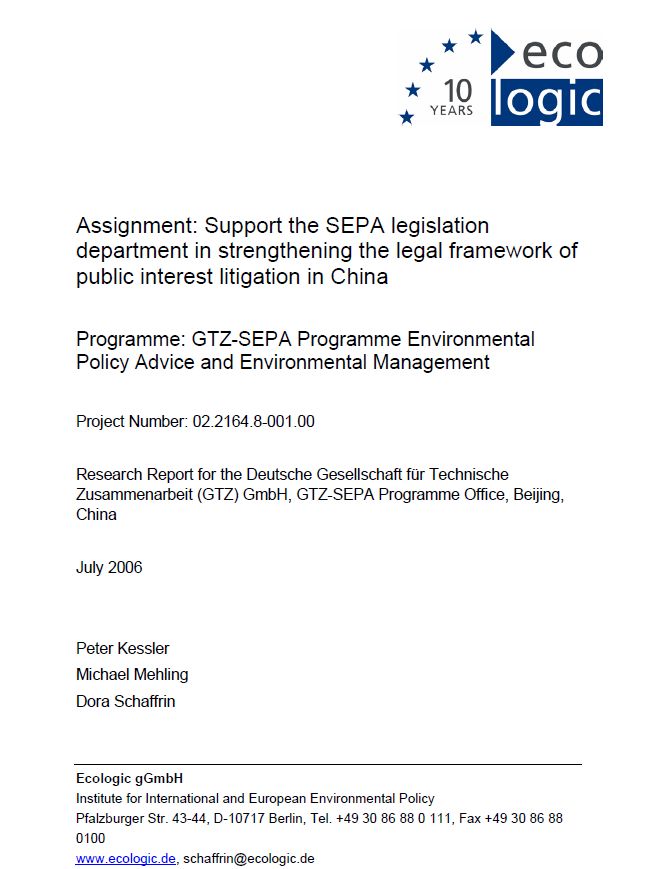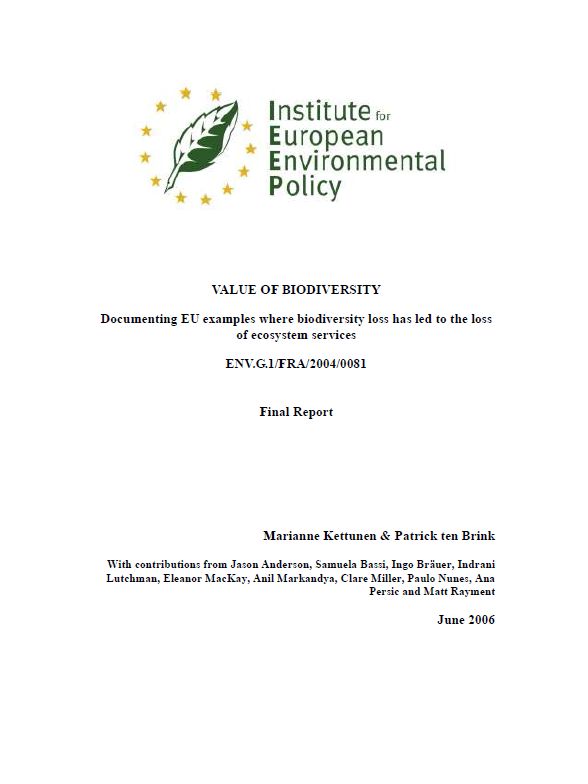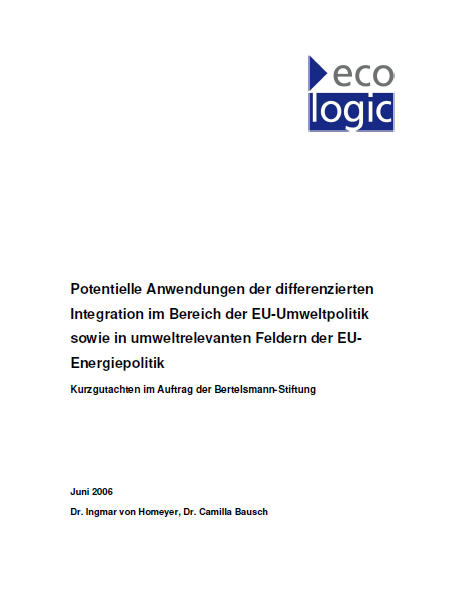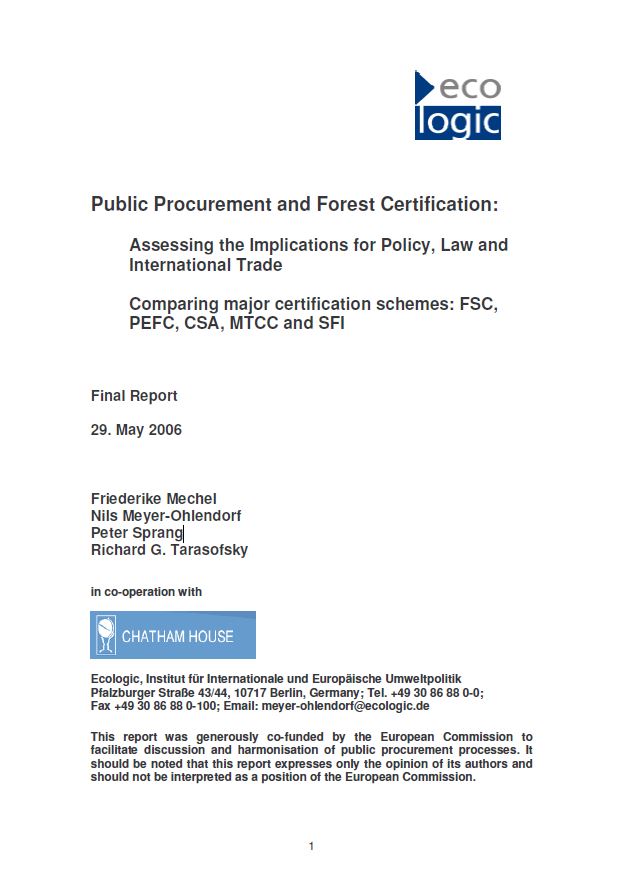Publikation:Bericht
Publikation:Bericht
Publikation:Bericht
Publikation:Bericht
Publikation:Bericht
Beyond 2007: Further Research Needs at EU Level
WFD and Agriculture Linkages at the EU Level
Jahr
WeiterlesenPublikation:Bericht
Publikation:Bericht
Value of Biodiversity
Documenting EU examples where biodiversity loss has led to the loss of ecosystem services
Jahr
WeiterlesenPublikation:Bericht
Potentielle Anwendungen der differenzierten Integration im Bereich der EU-Umweltpolitik sowie in umweltrelevanten Feldern der EU-Energiepolitik
Kurzgutachten im Auftrag der Bertelsmann-Stiftung
Jahr
WeiterlesenPublikation:Bericht
Publikation:Bericht
Public Procurement and Forest Certification: Assessing the Implications for Policy, Law and International Trade
Comparing major certification schemes: FSC, PEFC, CSA, MTCC and SFI
Jahr
WeiterlesenPublikation:Bericht
Incentive Water Pricing and Cost Recovery in the WFD
WFD and Agriculture Linkages at the EU Level – Elements for Linking EU Agricultural and Water Policies
Jahr
WeiterlesenPublikation:Bericht
Publikation:Bericht
WFD and Agriculture Linkages at the EU Level
Synthesis Report of the 2005-06 Activity of the SSG on "WFD and Agriculture"
Jahr
WeiterlesenPublikation:Bericht
20 Jahre Bundesumweltministerium
Leistungen – Herausforderungen – Perspektiven. Eine kritische Gratulation aus der Wissenschaft
Jahr
WeiterlesenPublikation:Bericht
Co-operation and Participation at the Interface of EU Agricultural and Water Policies
WFD and Agriculture Linkages at the EU Level
Jahr
Weiterlesen











